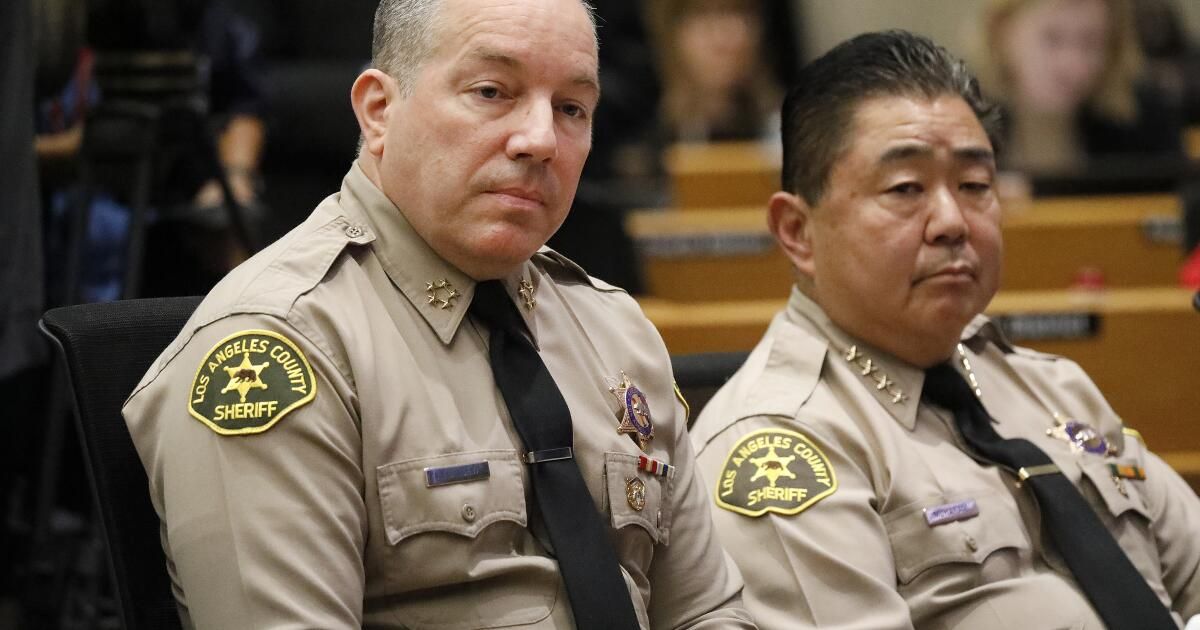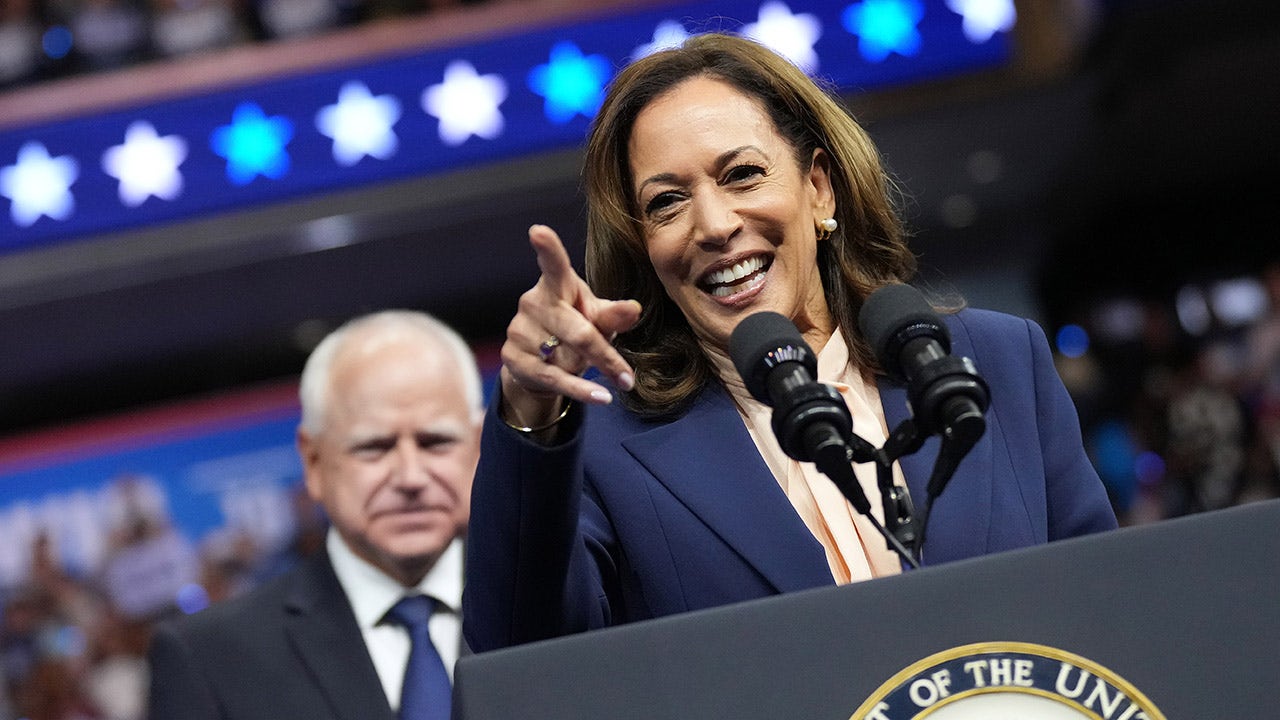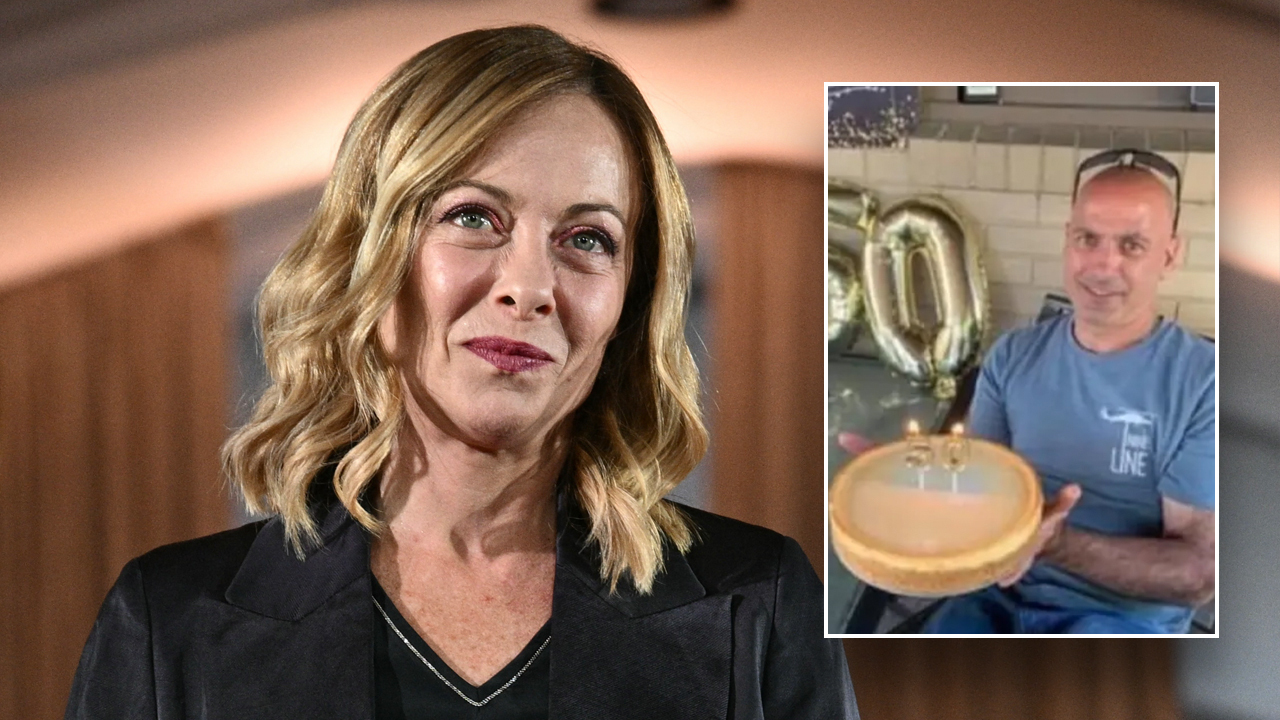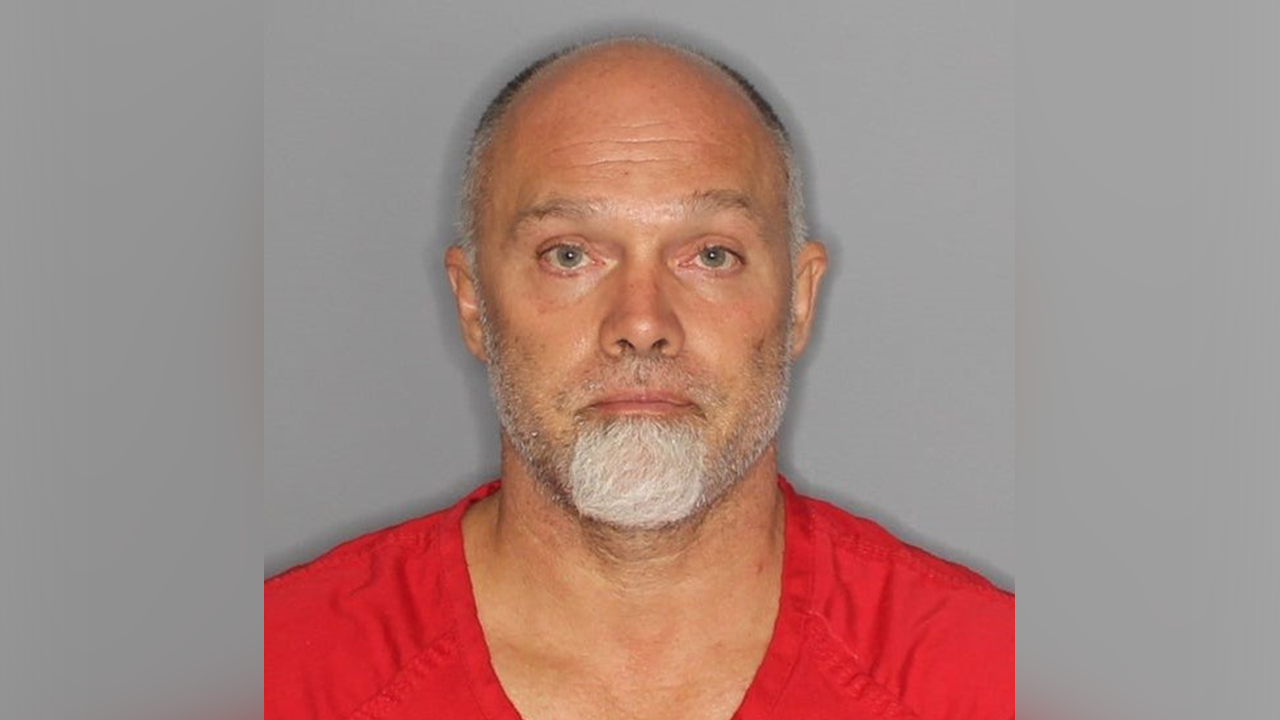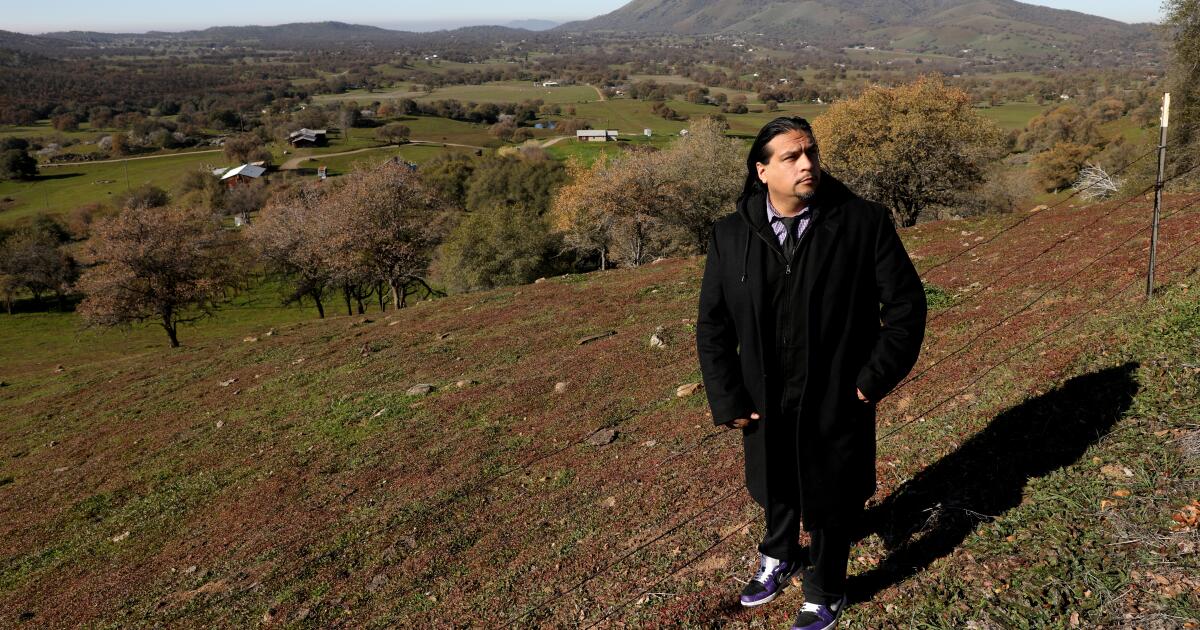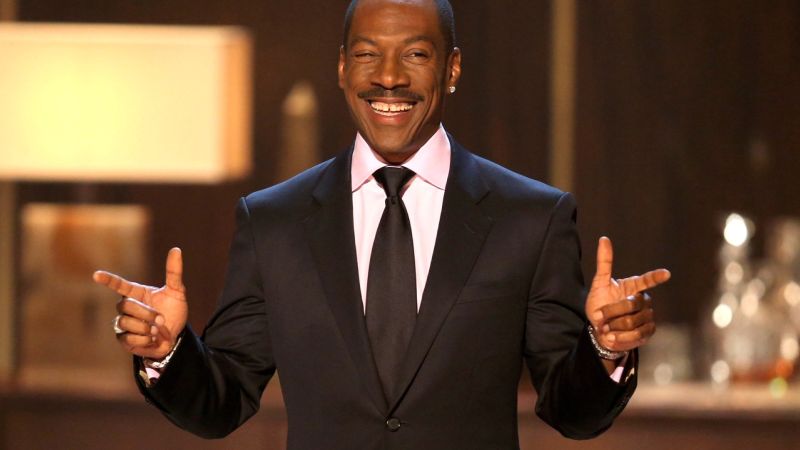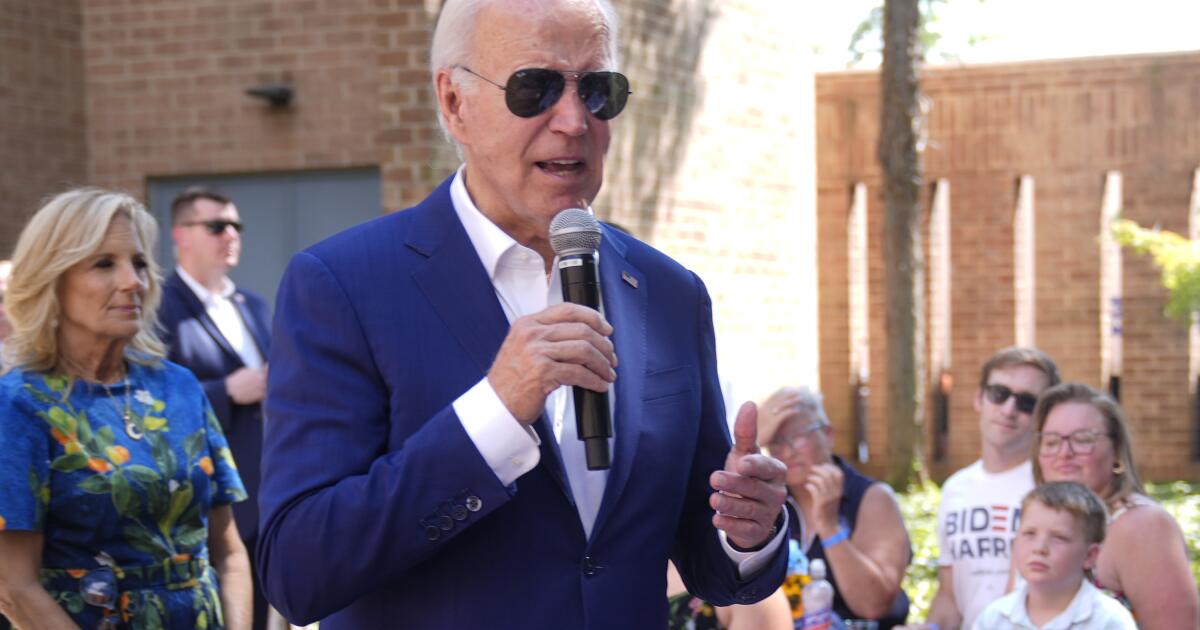He was a caveman and he had it on his ankle.
After more than two years of resisting subpoenas to testify about gangs within the Los Angeles County Sheriff's Department, former Undersheriff Tim Murakami this week admitted under oath that he once sported a tattoo depicting the Cavemen, a controversial subgroup. affiliated with the East Los Angeles station. .
When asked if former Sheriff Alex Villanueva, who made Murakami his number two a few months after taking office, knew about the ink, Murakami responded, “I think so.”
The admission marks the first time the department's former second-in-command has publicly confirmed long-standing rumors about his tattoo, which he said has since been covered up or removed.
“It's not there anymore,” he told the small group of spectators who showed up to watch his testimony at Loyola Law School as part of the Civilian Oversight Commission's 11th special hearing on officer gangs.
Over the course of four hours, Murakami admitted to knowing at least half a dozen tattooed groups, including the Cavemen, the Indians, the Banditos, the Little Red Devils, the Grim Reapers and the Jump Out Boys, some of whom, he said, still exist within the Sheriff's Department.
But he couldn't independently remember the name of any tattooed officers, and he bristled at the idea of calling the groups “officer gangs,” even after one commissioner pointed out that the state criminal code uses the term “gangs” to describe to dishonest authorities. groups. Murakami repeatedly insisted that the tattoos symbolize hard work and “pride of the station” and that there was “no nefarious connotation” to the fact that deputy subgroups operated within the department.
“The intention of the deputies involved is not bad at all, but as it is perceived now, it is harmful,” he said, referring to the tattooed groups. And about the ink itself, he said, “So if people have one, I recommend they take it off.”
For commission Chairman Sean Kennedy, the former deputy sheriff's confessions were a coup for oversight officials and an indication that the department has an “inherent conflict of interest” when it comes to investigating officer gangs when so many officials They have subgroup tattoos.
“After dodging the issue for years, Mr. Murakami finally had to admit under oath that he is a tattooed caveman and that, most recently, he altered his ankle tattoo to escape detection,” Kennedy told The Times. on Thursday night. “He is the third deputy sheriff to date to admit to having one of these tattoos.”
Although late, Murakami's time on the stand was less chaotic and yielded more information than the commission's last adjunct gang hearing in January, which included several hours of combative testimony from Villanueva, who frequently insulted gang officials. supervision and was regularly interrupted by boos and applause from the audience.
In an emailed response Thursday evening, the former sheriff did not directly address the question of whether he knew about Murakami's tattoo.
“I was concerned about the behavior, not the tattoos,” he wrote. “The personnel crisis within the LASD is threatening public safety, and going after phantom gangs of deputies is not going to improve recruiting.”
For five decades, the Sheriff's Department has been plagued by allegations about groups of tattooed deputies running roughshod over certain stations and promoting a culture of violence. The groups are commonly known by names such as Verdugos, Banditos, Reguladores and Pequenos Diablos, and members often have matching tattoos, numbered sequentially, with macabre images.
During his testimony, Murakami said he got his ink done at a tattoo shop on Whittier Boulevard sometime in the 1980s, when he worked at the East Los Angeles station.
“He was essentially a caveman carrying a club,” he said. “He had ALS for East Los Angeles, either in his stomach or in his chest.”
The image also showed the number 10, which Murakami said indicated he was the tenth congressman to get that tattoo.
There were six to 10 other officers in the store with him the day he got the tattoo, he said, although on Thursday he couldn't remember any of their names. He also did not remember the name of the person who invited him to get the tattoo. At one point, he said that he had never seen another officer wearing Caveman ink at the station, a claim that sparked an angry outburst from a commissioner.
During his four years in East Los Angeles, Murakami said, he worked on the general patrol and gang suppression team, prompting a pointed question from Anthony Pacheco, the commission's special prosecutor.
“So when you had a caveman tattoo on your ankle you worked in gang suppression?” —Pacheco asked.
Murakami confirmed yes.
The tattoo symbolized “the pride of the station and being recognized as a hard-working deputy,” Murakami added.
The former deputy sheriff also testified about the existence of two other tattooed groups in the East Los Angeles station: the Banditos and the Little Red Devils. He said he was not a member of either, and that of the three East Los Angeles groups, only the Banditos still had members in the department.
After his early years in East Los Angeles, Murakami moved to the City of Industry sheriff's station, where he spent most of his career.
The station is home to a group known as the Indians of Industry, whose existence was made public for the first time this year after a Times report showed two alleged members were fired after a violent confrontation with a group of teenagers outside a bowling alley in Montclair called Bowlium. The teens have since filed a lawsuit.
Although Murakami admitted knowing the group on Thursday, he said he had never seen an Indian tattoo and if he had, he wouldn't have done anything about it. He said he believed there were still some officers with Indian tattoos at the station, but that he did not remember their names.
He said he didn't find out about the fight with Bowlium until after he retired, when he read about it in the news.
Although he answered dozens of questions about his tattoo and the East Los Angeles subgroup, on the advice of his attorney, Murakami declined to provide details about another tattoo he has.
“I admit I have a tattoo,” he said when asked about any other ink he might have. “It is a private matter and has nothing to do with the Sheriff's Department.”
Thursday's testimony was several years in the making and was part of the commission's long-running efforts to examine violent, tattooed groups of deputies who allegedly operate as gangs within the Sheriff's Department.
Last year, the commission's special counsel issued a 70-page report condemning the “cancer” of gangs and urging Sheriff Robert Luna to create a stricter policy banning the groups.
The report's conclusions were based largely on testimony from a series of public hearings, many of which included witnesses testifying under oath. The commission sought testimony from both Murakami and Villanueva, but until recently, both refused to comply with repeated subpoenas.
In late 2023, after several years of clashing with county attorneys in court, Villanueva finally agreed to testify before the commission under oath. During a four-hour hearing in January, the former sheriff repeatedly denied the existence of deputy gangs. He said he had never systematically investigated them and admitted that he did not question their top leaders about their involvement in the secret subgroups.
For years, Murakami also fought subpoenas from supervisory officials, at least once citing a scheduling conflict and, more frequently, medical problems.
County attorneys accused him of using delaying tactics, alleging in a January court filing that Murakami “simply does not want to submit to the commission's scrutiny.” In February, Superior Court Judge Anne Richardson ordered Murakami to comply with the subpoenas.
After four decades with the Sheriff's Department, Murakami jumped rank after Villanueva took office in 2018. At the time, Murakami was the captain overseeing the City of Industry sheriff's station. Villanueva then promoted him three ranks at a time, making him one of the department's deputy sheriffs.
In that role, Murakami was one of Villanueva's three department executives. fixed to his controversial “truth and reconciliation” panel, which was created to reevaluate disciplinary decisions made under previous administrations. In early 2019The panel sparked protests after its reevaluation of a case paved the way for Villanueva to rehire an officer who had been fired in connection with allegations of domestic abuse and harassment.
A few months later, Villanueva abruptly He dismissed his second in command, then Undersheriff Ray Leyva, and installed Murakami in his place.
At one point, it appeared Murakami's position may have been in jeopardy when the County's Equity Oversight Panel recommended in 2020 that he be disciplined. for allegedly using a Japanese racial slur to refer to employees of color. But Murakami, who is Japanese-American, denied the accusation, and Villanueva eventually rejected the panel's recommendation.
On Thursday, Murakami was asked questions about those allegations under oath, but declined to answer after his lawyer argued that records on the matter were not considered public. A county attorney explained yes, but Murakami still refused to answer questions about them and his attorney argued that publishing them would be a “violation of the law.”
Kennedy later told the Times that the commission will now have to decide whether to seek a court order forcing Murakami to answer questions about the equity panel's findings.

